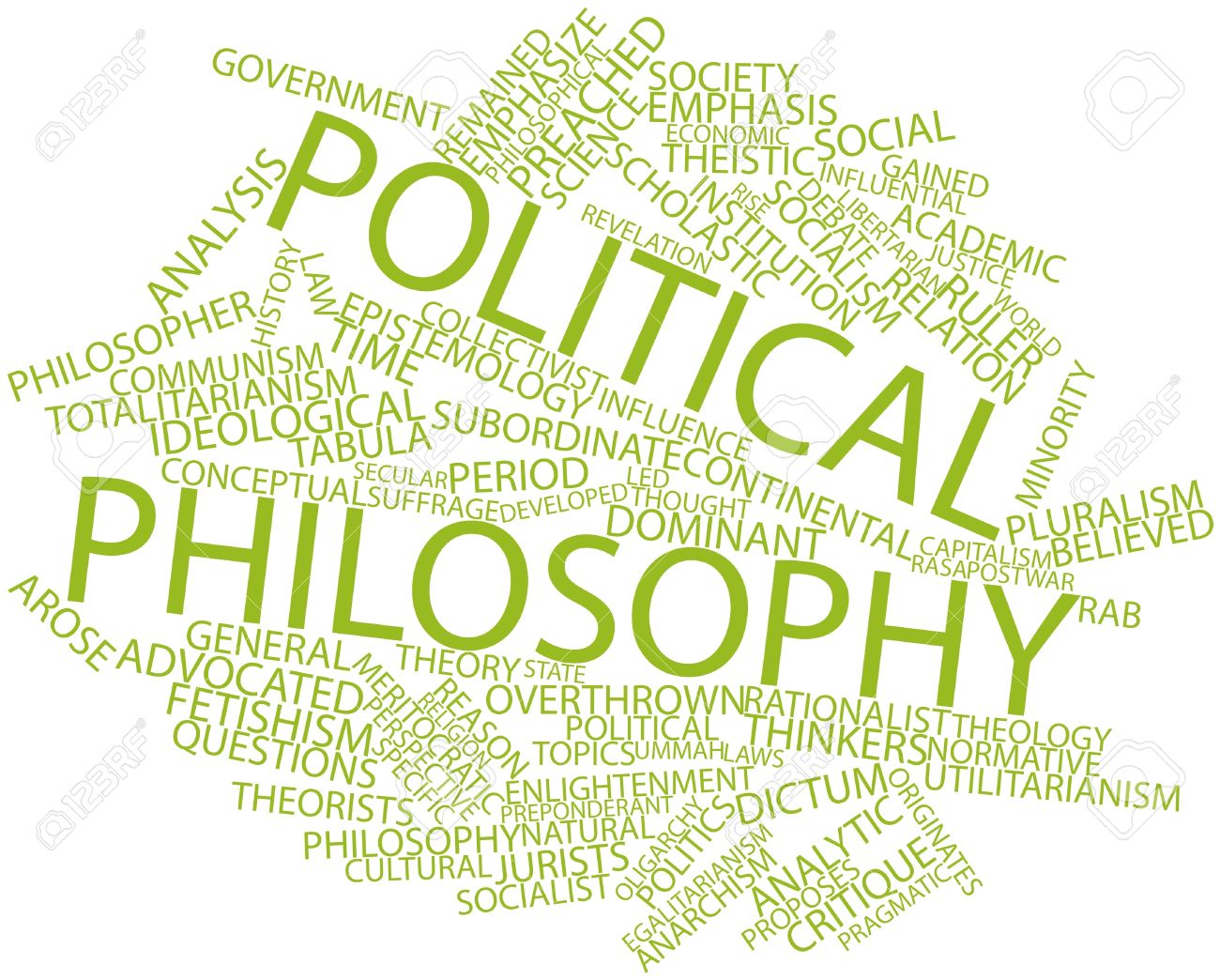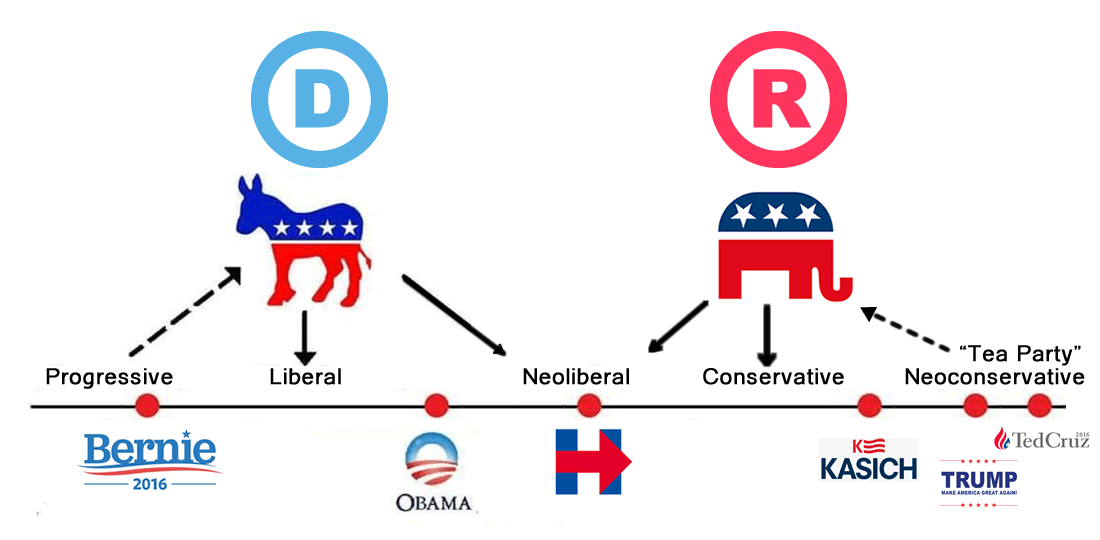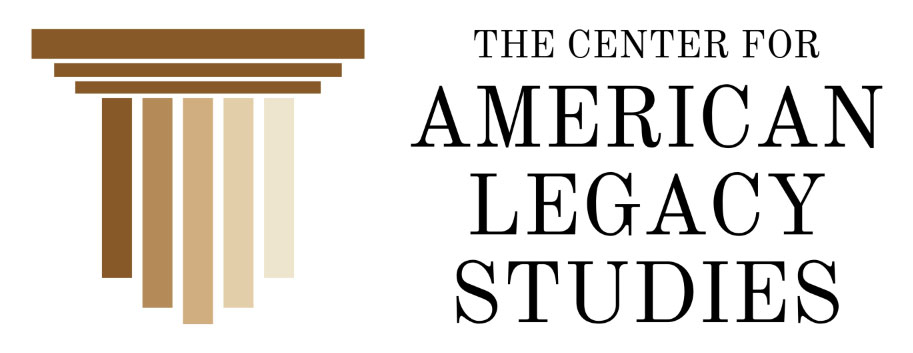Liberal or Conservative, Republican or Democrat, Social Liberal or Classical Liberal, Libertarian or Anarchist? What political philosophy do you follow and does it really matter?

This is an important discussion because it is possible to promote or support a way of thinking that doesn’t actually align with a person’s moral code. And what if a person doesn’t have a defined moral code? Then they are very easily swayed by the prevailing opinion or social media.
Words have meaning and ideas have consequences and as a result, what we do and agree to over the next 12 months will set the stage for how our nation functions for the next decade or more. My primary purpose for writing this is to help us all make better and more informed personal and political decisions.
This series of blogs will demonstrate different political philosophies with the desired end result of helping one to clarify a personal moral code and to determine which philosophy best fits that moral code.
To talk about political philosophy, first we need a good working definition of philosophy:
Philosophy, done well, should be a rigorous, structured, sequential conversation (with others or oneself) that is both collaborative and oppositional, that attempts to explore, explain and justify the
structure and content of our thoughts in response to perceived problems and puzzles about reality, knowledge, value and meaning. Philosophy employs a method/process (more often than not ongoing) of reflection, reasoning and re-evaluation, by employing the appropriate intellectual
virtues or excellences, in order to make good, though provisional judgements about what seems possibly (metaphysically) true, possibly (morally) right, and (logically) coherent. The aim is to improve our understanding (also understanding what we don’t understand) of: the world, ourselves, our experiences and other people, by refining how we think about those things. The hope is that by doing philosophy we learn to think better, to act more wisely, and thereby help to improve the quality of all our lives.
This is perhaps the best general definition I have found and it immediately brings up a couple of issues regarding how the average person uses the word “philosophy” today. First, we are probably using the term “philosophy” incorrectly. When we say “political philosophy,” I think we actually mean ideology: A set of doctrines or beliefs that are shared by the members of a social group or that form the basis of a political, economic, or other system.
Most people I think, use the idea of “philosophy” as more of a code of conduct than a system of learning. The reason I say this is how often I have heard people use their “philosophy” to defend actions or a position; “because I’m a democrat” or “because we are a progressive society,” or “because my dad was a republican.” In general we see very little “thinking” or trying to evaluate the merits of one ideology over another. As you have undoubtedly seen or experienced, political philosophies or ideologies are more often used in political battle than intellectual comparison.
As mentioned above, the process of philosophy is a rigorous and structured process, it takes time to evaluate what others are actually saying and what the consequences are of acting on those ideas. It takes time and serious energy to ferret out the facts and shrug off all the non-facts in our information age. It takes time and concerted effort to evaluate why you feel the way you do about certain ideas and concepts. It is highly rewarding and clarifying to take the time and effort to be philosophical, but alas, in our fast paced world, few ever experience this level of enlightenment.
Perhaps the most valuable thing I learned during my college experience was the concept of ideologue vs truth seeking. My mentor spend significant time on this concept, explaining that we are either ideologues–hiding behind a set of ideas, disregarding anything that does not easily fit into that orbit–or a truth seeker or philosopher–honestly evaluating new ideas and trying hard not to dismiss them immediately if they seem not to fit at first blush. In “philosophical fairness,” one must at least give the new idea a full and unbiased hearing before dismissing it.

The idea of philosophy is that one tries to approach something like politics with an open mind and take each strand of reason or principle or idea and follow it to its conclusion and then determine if that gives us the best results regarding what we understand as what’s best for ourselves or humanity.
But most people rarely if ever experience this process. It is all too common for the vast majority of Americans to never engage in such a philosophical pursuit anytime during their lives. Those Americans who are politically active, (and I am defining this on a spectrum of anywhere from staying up to date by reading/watching current affairs to participating in rallies and peaceful protests to working on political campaigns) generally have not come to their convictions through philosophical analysis but are simply following a party or an ideologue and castigating all other ideologies without having the benefit of fully researching either the one they are following or the one they are against.
It is not common nor is it taught in public education to systematically and philosophically study out these issues by reflection, reasoning, and re-evaluating our position with absolute honesty. We as a nation do not have a common eschatology nor do we, I think, consciously operate from such a high ground, rather most Americans make political decisions based on their feelings with very few facts.
In my own political experience, which did not actually begin until I was 28 years old, I began to notice some differences between what people said they believed in and their actions, mostly by seeing this phenomena in myself. During this time, I also really came to grips with the fact that I had deeply embraced conservatism based on my emotional response rather an in-depth comparative analysis of all the mainstream ideologies. It wasn’t until my mid 30’s that I seriously attempted to engage in philosophy to determine what is right and best for humanity.
What follows over the next couple of blogs is a summary breakdown of a number of political philosophies or ideologies. It is my hope that in this very divisive time, that we can take a stand for what we believe is true, based on an honest philosophical analysis, on an educated not emotional evaluation of the facts. This will make us more informed and when necessary, more tolerant, and help us to be conscientious citizens so that when we take that stand and put our foot down, we are doing so on the solid ground of honest intellectual prowess.

One Response
I look forward to the continuation of this series.